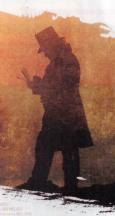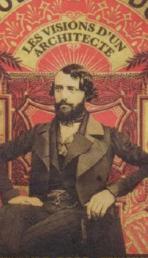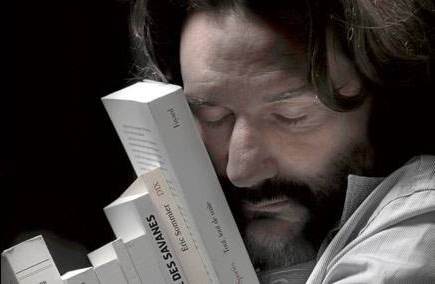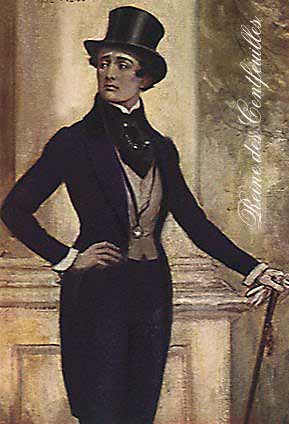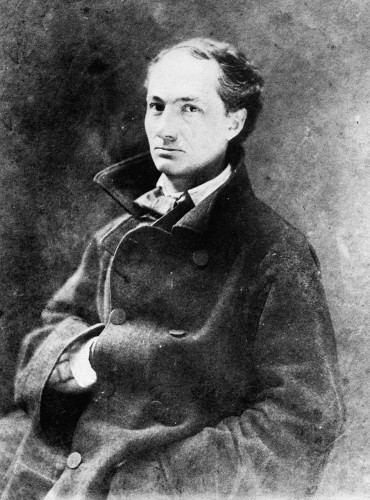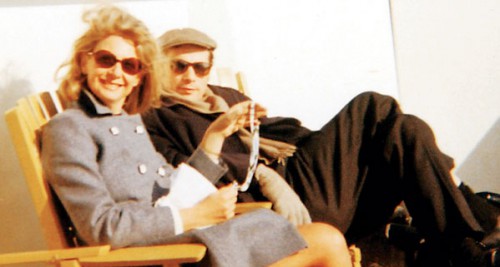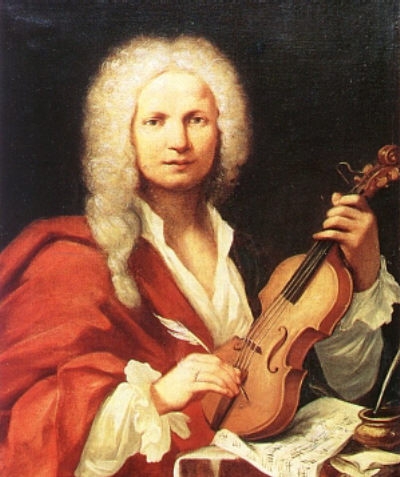dimanche, 30 novembre 2014
Il faut lire - Pennac, Boon
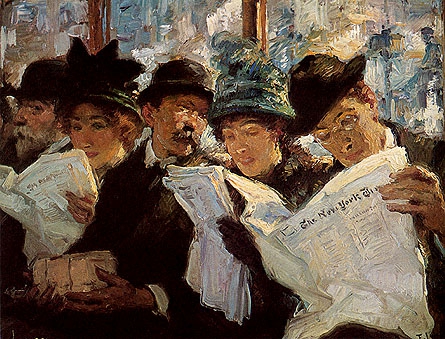
http://kateevangelistarandr.blogspot.fr/2011/02/beloved-beta-readers.html
Source : http://www.20minutes.fr/culture/1488783-20141126-salon-li...
Daniel Pennac interviewé par Stéphane Leblanc.
1. Lisez vous-même
«Si vos enfants vous voient lire, ils liront à leur tour, mais comment les faire lire s'ils voient que vous ne lisez rien?» Pour Daniel Pennac, la transmission du plaisir de lire passe «par l'exemplarité».
2. Habituez-les dès leur plus jeune âge
Daniel Pennac suggère de lire des histoires aux enfants dès leur plus jeune âge. «Plus ils seront jeunes, plus ils s'habitueront facilement à pénétrer le gigantesque domaine des livres.»
3. Débutez par les contes
Autant commencer par ce que Daniel Pennac appelle «l'origine des origines: les contes; une nourriture symbolique dont les enfants ont besoin». Walt Disney n'est pas le dernier à l'avoir parfaitement compris.
4. Ne l'abandonnez pas
C'est sans doute le conseil le plus important: poursuivre la lecture avec l'enfant, même une fois qu'il sait lire et écrire. «Il faut continuer à l'accompagner, l'encourager et trouver une complicité avec lui.» Une méthode? Lire le premier chapitre avec lui pour amorcer l'envie de continuer seul.
5. Ne comptez pas que sur l'école
Le plaisir de la lecture du soir et l'obligation de lire pour l'école sont antinomiques. «Quand un enfant dit qu'il n'aime pas lire, d'abord il ne sait pas de quoi il parle puisqu’il ne lit pas, relève l'écrivain. Mais surtout, la lecture le fait souffrir parce qu'elle est invariablement suivie de questions pour vérifier s'il a compris».
6. Mais comptez un peu dessus quand même
Quand un instituteur propose à des enfants d'apporter à l'école les livres qu'ils lisent à la maison pour les partager avec leurs camarades, c'est une chance énorme, selon Daniel Pennac. «Car on n'est pas dans l'évaluation. Juste dans un partage qui peut donner envie de lire à son tour».
7. Essayez la lecture à haute voix
Daniel Pennac est un ardent défenseur de la lecture à haute voix. En famille? «C'est une affaire d'échange, mais il ne faut pas non plus emmerder tout le monde...», rigole l'écrivain.

Image extraite du film The reader (2009, durée 2h03), réalisateur : Stephen Daldry,
d'après le roman de Bernard Schlink Der Vorleser,
Hanna Schmitz (Kate Winslet), Michael Berg (Ralph Fiennes), Michael Berg jeune (David Kross), Brigitte (Jeannette Hain), Carla Berg (Susanne Lothar), Rose Mather / Ilana Mather (Lena Olin), Ilana Mather jeune (Alexandra Maria Lara), le professeur Rohl (Bruno Ganz), Julia (Hannah Herzsprung), Julia jeune (Ava Eusepi-Harris), Dieter Spenz (Volker Bruch), Emily Berg (Alissa Wilms)
Cinq prix dont l'oscar de la meilleure actrice pour Kate Winslet
https://www.youtube.com/watch?v=T8ZbP5oK9hY
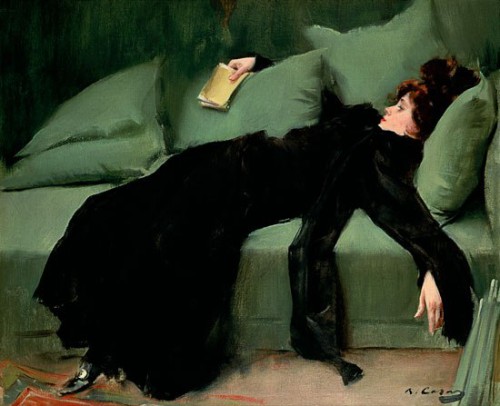
Après le bal, Ramon Casas y Carbo
> A consulter également :
Un texte de Maya Kodeih Harmanani
http://fichtre.hautetfort.com/archive/2014/04/07/read.html
Pour davantage de peintures de lecteurs
https://lullastories.wordpress.com/2013/01/29/livre-dimag...
07:00 Publié dans Ecrits, Les mots français | Lien permanent | Commentaires (0)
samedi, 29 novembre 2014
Etymologie - Scotland Yard

Source : Direct Matin, mercredi 10 septembre 2014
*
> Pour davantage : http://fichtre.hautetfort.com/les-mots-francais.html
07:06 Publié dans Les mots français | Lien permanent | Commentaires (0) | Tags : scotland, yard, scotland yard
vendredi, 28 novembre 2014
Etymologie - Boulet
07:00 Publié dans Farce et attrape, Les mots français | Lien permanent | Commentaires (0)
jeudi, 27 novembre 2014
Le dandysme, antidote à la procrastination - Baudelaire
The following is written by Tamara Spitzer-Hobeika, who also held a discussion during the Procrastination Seminar about ‘Baudelaire’s dandy: the anti-procrastinator’ on October 29th 2014 in the Old Library, All Souls College, Oxford.
List of all speakers.
Source : "Baudelaire and procrastination : the flâneur, the dandy, and the poet", Tamara Spitzer-Hobeika, 14 octobre 2014
http://procrastinationoxford.org/2014/10/14/baudelaire/
Il n’y a de long ouvrage que celui qu’on n’ose pas commencer. Il devient cauchemar.
The only difficult work is that which we dare not begin. It becomes a nightmare.
—Charles Baudelaire
These words by the accursed poet, the writer of beautiful spleen and terrifying idéal himself, are a perfect mantra for anyone experiencing the entrancing throes of procrastination.
The sentence that follows them in his Journaux Intimes (1887)—“By putting off what one has to do, one runs the danger of never being able to do it”—confirms that Baudelaire was no stranger to procrastination. Since he speaks of it as danger, risk, or haunting nightmare, it is not surprising that he also offers thoughts on how to counter its siren call.
A few lines further, in a section titled “Hygiene. Morality. Behaviour.”, Baudelaire makes this note-to-self: “An abridgement of wisdom. Grooming, prayer, work.” As editor Claude Pichois explains, the poet viewed the ritual of prayer as a process through which to gather his spirits, focus on his work, and enhance his determination.
Indeed, although Baudelaire penned the figure of the flâneur who whiles away the hours in observant but unproductive wanderings, his journals show that he actually aspired to a work ethic that defies procrastination (“Work tirelessly six days a week”)—and that there is another key figure of his oeuvre which is closely connected to this preoccupation with time and creation: the dandy.
In his essay The Painter of Modern Life (1863), Baudelaire depicts the dandy as a man stoically devoted to “cultivat[ing] the idea of beauty” in himself, assiduously crafting his existence into a work of art. While some are quick to discard the dandy as a superficial figure, the Journaux Intimes underline that Baudelaire’s dandy has depth: he is the “superior man”, who must “be sublime without interruption” and even “like to work”, so long as it is not for the mundane purpose of making a living—since he is by definition, as is clearly stated, wealthy and powerful enough to not be concerned with such trivialities.
The dandy’s meticulous grooming and steadfast commitment to sustaining a cold, proud façade (he has an “unshakable resolve not to be moved”) are less frivolous than popular opinion would have it: as Baudelaire’s above note-to-self indicates, they are an antidote to procrastination, a morally-driven behaviour at the service of creation. By dedicating his every minute to embodying his aesthetic ideal, unperturbed by the rest of the world, the dandy’s mere being—both in appearance and thought—is art, without having to produce anything outside of himself.
The poet, however, does not necessarily have this luxury. In his poem “La Fin de la Journée” from the iconic Fleurs du Mal (1857), Baudelaire writes that a poet always welcomes nighttime with a relieved “At Last!”—not only because he revels, in romantic fashion, in its soothing shadows, but also because it “erases everything, even shame”. Tormented by the pressure of time and productivity (daytime is “pushy and shrill” in the poem), the poet feels at home in the moment at which rest and sleep (darkly likened to entombment) are expected.
As evident in the use of the words ‘erase’ and ‘shame’, artistic self-doubt looms behind the poet’s procrastinatory tendency and his desire for respite from, even destruction of, his work. In Baudelaire’s “Le Confiteor de l’Artiste” (from the prose poetry collection, Le Spleen de Paris, 1869), the speaker, in awe of the splendour and vastness of the world, confesses: “The study of beauty is a duel in which the artist screams out of fear before being vanquished.” The poet is paralysed by the beauty that he sees in the light of day, unsure he will be able to match its wonder.
The dandy, untroubled by ordinary considerations or feelings (deadlines, bills, or low self-confidence are foreign to him), is indefatigably focused on being his own masterpiece (he must even “sleep in front of a mirror”, according to the Journeaux Intimes). The poet, confronted with the realities of life and his own anxieties, instead finds solace at night, when the spectre of what has not been achieved during the day fades. He can then stop writing and revising—or on the contrary, stop putting it off and quietly start all over again—liberated by the sense that the late hours demand nothing from him, that darkness is a blank slate.
Baudelaire’s work is a Pierian spring for procrastinators. The flâneur, who merely promenades through the modern city, without aiming to create anything, may be the first of Baudelaire’s key figures to come to the procrastinator’s mind: how could the freedom of idling along the streets with no obligation not be tempting when faced with a daunting task? Moreover, as is commonly accepted, a stroll may spark renewed creativity (though that is not what the true flâneur seeks).
Yet Baudelaire’s oeuvre presents an alternate figure for procrastinators to draw inspiration from: the dandy, who pledges his life so entirely to his aesthetic principles (in a manner assimilated to ‘spiritualism’ in the author’s essay) that his every move serves to realise them. Those who have creative rituals may find a new spiritual leader in Baudelaire’s dandy and challenge themselves to emulate the constancy underpinning his sartorial and behavioural choices. As we have seen, Baudelaire apparently practiced prayer—as well as perfect dress—to concentrate his creative energy.
Nevertheless, given that neither of these “ideal” figures (who, it is important to note, are not in fact procrastinators, since they are not required to produce anything to begin with) represents a tenable way of life for the average person in our society, the procrastinator may simply find it reassuring to listen to the voice of the third figure, the poet, echoing through Baudelaire’s writing—a voice which speaks of uncertainty and fear, but still decides to ring out and not remain silent.
07:00 Publié dans Portraits de personnalités, Réflexions, philosophie | Lien permanent | Commentaires (0) | Tags : dandy, baudelaire
mercredi, 26 novembre 2014
Crazy cats in Paris
Et visiter Paris à la vitesse grand V
L'office du tourisme ne présente pas mais pourrait...
https://www.youtube.com/watch?v=S8b1zWOgOKA
Mention légale pas encore obligatoire :
"L'abus de jeux vidéos est dangereux pour la santé.
A pratiquer avec modération".
¤
¤ ¤
Making off
Don't try this at home, huh
https://www.youtube.com/watch?v=gJEJbLxwR0s&feature=youtu.be
07:00 Publié dans Architecture, Beaux-Arts, Farce et attrape, Trivialités parisiennes | Lien permanent | Commentaires (0) | Tags : assassin, creed, paris
mardi, 25 novembre 2014
Glenn Gould et Cornelia Foss
Source : http://en.wikipedia.org/wiki/Glenn_Gould
Gould lived a private life: Bruno Monsaingeon said of him, "No supreme pianist has ever given of his heart and mind so overwhelmingly while showing himself so sparingly."
When Gould was in Los Angeles in 1956, he met Cornelia Foss and husband Lukas. Foss was an art instructor who had studied sculpture at the American Academy in Rome. Her husband worked for both the Buffalo Philharmonic Orchestra and the Brooklyn Philharmonia. After several years, Gould and Cornelia Foss became lovers. Foss left her husband in 1967 for Gould, taking her two children with her to Toronto. She purchased a house near Gould's 110 St. Clair Avenue West apartment. In 2007, Cornelia Foss finally admitted that she and Gould had had a love affair lasting several years.
According to Foss, "There were a lot of misconceptions about Glenn, and it was partly because he was so very private. But I assure you, he was an extremely heterosexual man. Our relationship was, among other things, quite sexual." Their affair lasted until 1972, when she returned to her husband. As early as two weeks after leaving her husband, Foss noticed disturbing signs in Gould. She describes a serious paranoid episode:
"It lasted several hours, and then I knew he was not just neurotic – there was more to it. I thought to myself, 'Good grief, am I going to bring up my children in this environment?' But I stayed four and a half years." Foss did not discuss details, but others close to Gould said he was convinced someone was trying to poison him and that others were spying on him.
Réf : Clarkson, Michael (August 25, 2007). "The secret life of Glenn Gould". Toronto Star (Torstar Corporation).
> A consulter également, le témoignage d'un des fils : http://www.theglobeandmail.com/life/christopher-foss-grew...
07:00 Publié dans Portraits de personnalités | Lien permanent | Commentaires (0) | Tags : glenn gould, cornelia foss
lundi, 24 novembre 2014
Le Gloria de Vivaldi
En belles images, BBC Four
https://www.youtube.com/watch?v=cgaOVV4JQHA
Chœur et partition
Gloria, gloria, gloria, gloria
In excelsis Deo, in excelsis Deo,
Gloria, gloria, gloria, gloria in excelsis Deo,
Gloria, gloria in excelsis Deo,
Gloria in excelsis, Gloria in excelsis Deo,
Gloria in excelsis Deo,
In excelsis,
Gloria in excelsis Deo!
Gloire à Dieu au plus haut des cieux
Et in terra pax hominibus,
Et in terra pax hominibus
Bonae, bonae voluntatis, pax hominibus
Bonae voluntatis, bonae voluntatis
Et in terra pax hominibus,
Et in terra pax,
Et in terra pax hominibus,
Pax hominibus bonae voluntatis,
Et in terra pax hominibus bonae voluntatis,
Et in terra pax hominibus bonae voluntatis.
Et paix sur la terre aux hommes de bonne volonté
Gratias agimus tibi
Gratias agimus tibi
Nous te rendons grâce
Propter magnam gloriam,
Propter magnam gloriam,
Propter magnam gloriam,
Propter magnam gloriam Tuam,
Propter magnam gloriam Tuam,
Pour ton immense gloire
Domine Fili unigenite Jesu Christe
Domine Fili unigenite Jesu Christe
Domine Fili, Domine Fili, uni genite, Jesu Christe
Domine Deus, agnus Dei, Filius Patris
Domine Deus, Domine Deus, agnus Dei, filius Patris
Qui tollis peccata
Domine Deus, rex coelestis
Qui tollis peccata
Domine fili uni genite
Qui tollis peccata
Domine Deus, Domine Deus
Agnus Dei, filius patris
Qui tollis peccata mundi
Miserere
Agnus Dei
Miserere
Filius patris
Miserere nobis
Miserere, miserere
Miserere nobis
Miserere nobis
Seigneur Dieu, Agneau de Dieu,le Fils du Père
Seigneur Dieu, roi du Ciel
Seigneur, fils unique
Seigneur Dieu, agneau de Dieu, le fils du Père
Toi qui enlèves le péché du monde
Prends pitié de nous
Qui tollis peccata mundi, peccata mundi, suscipe,
Suscipe, suscipe deprecationem, deprecationem nostram, deprecationem nostram
Toi qui enlèves le péché du monde
Reçois notre prière
Quoniam tu solus sanctus,
Quoniam tu solus sanctus,
Tu solus Dominus, tu solus altis simus, Jesu Christe, Jesu Christe
Car Toi seul est saint
Toi seul est Seigneur
Toi seul es Le très haut, Jésus Christ
Cum sancto spiritu, in gloria Dei patris, in gloria Dei patris Amen, Amen, Amen
Cum sancto spiritu, in gloria Dei patris, Dei patris, Amen, Amen, Amen, Amen
Cum sancto spiritu, in gloria Dei patris, Amen, Amen
Cum sancto spiritu, in gloria Dei patris, Dei patris, Amen, Amen, Amen, Amen
Cum sancto spiritu, cum sancto spiritu, Amen, Amen
Cum sancto spiritu, in gloria Dei, Dei patris, patris Amen, Amen, Amen, Amen, Amen, Amen
Cum sancto spiritu, cum sancto spiritu, cum sancto spiritu,
In gloria Dei patris, Dei patris, Amen.
Avec le Saint Esprit
Dans la gloire de Dieu le père
Amen
> Pour une analyse :
http://webetab.ac-bordeaux.fr/Pedagogie/Musique/gloriavi....
12:30 Publié dans Foi, Musique | Lien permanent | Commentaires (1)
